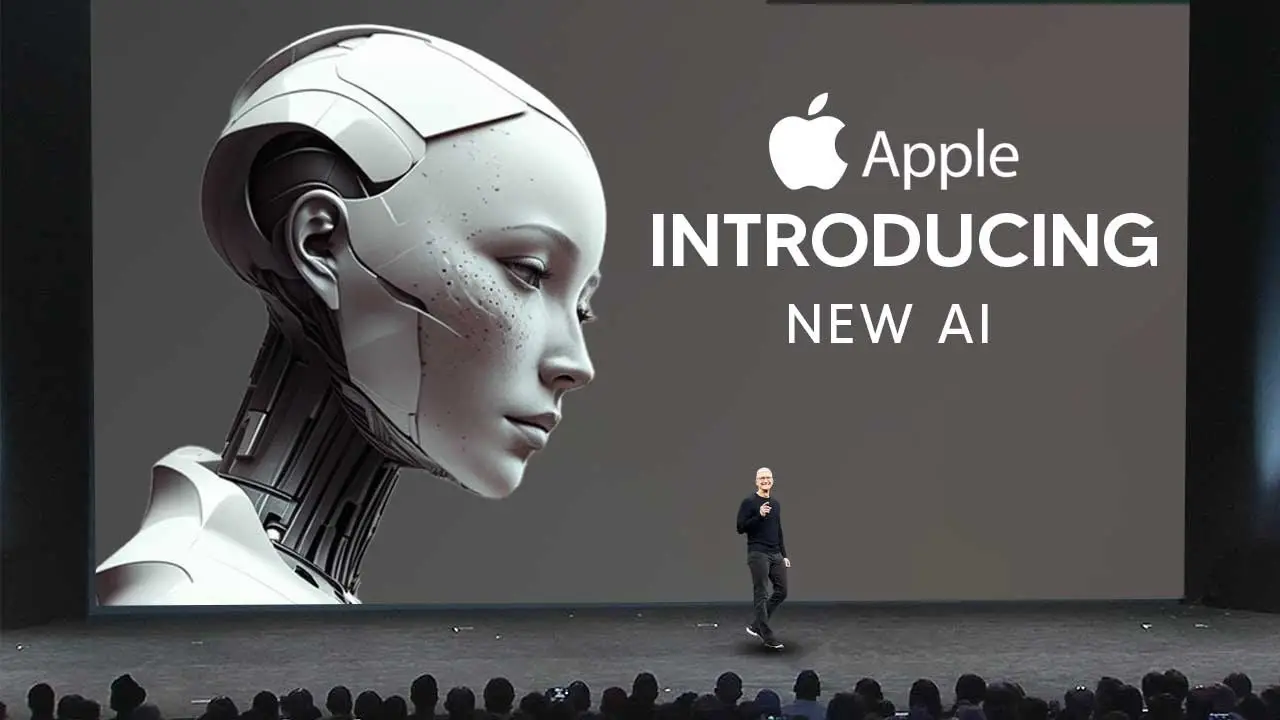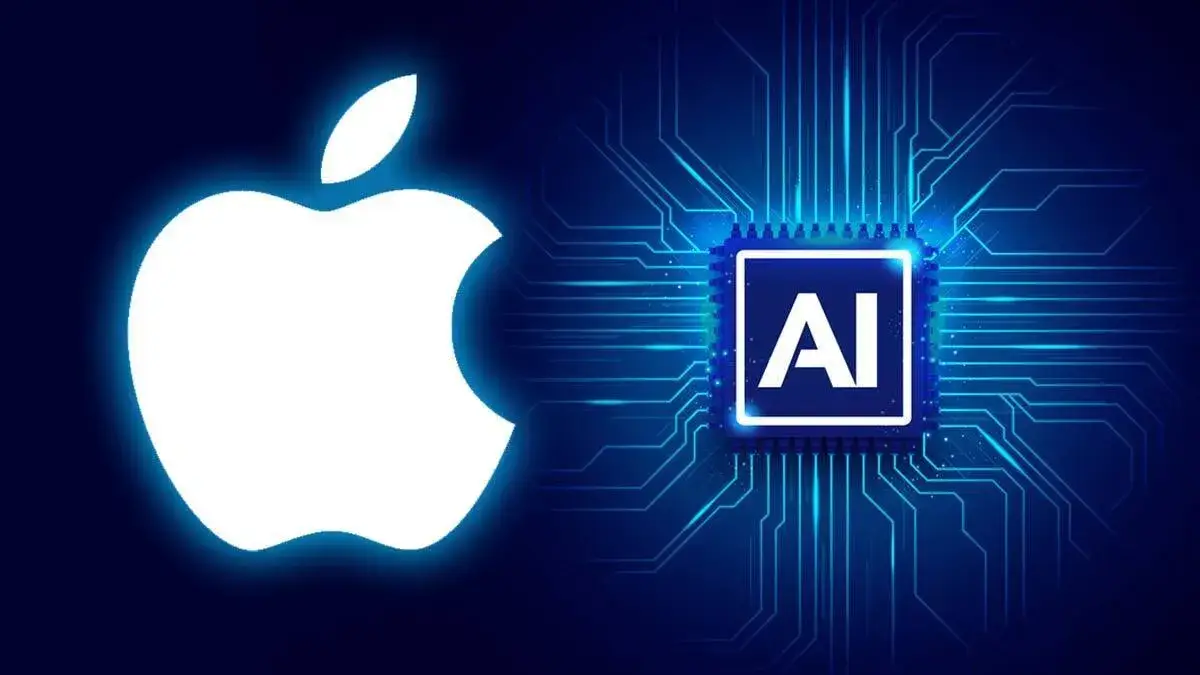Introduction
In the rapidly evolving landscape of artificial intelligence, Apple is taking a distinctive approach by focusing on smaller, more efficient generative AI models. Unlike its competitors, who often emphasize massive, resource-intensive models, Apple aims to create AI solutions that are not only powerful but also capable of running efficiently on individual devices. This strategy is embodied in Apple's recent release of the OpenELM family of models, which highlights their commitment to innovation, user privacy, and practical application.
The Need for Smaller Models
The trend towards ever-larger AI models has dominated the industry, with tech giants like Google and Microsoft leading the charge. These models, while impressive in their capabilities, require substantial computational resources and are typically cloud-dependent. This reliance on cloud infrastructure poses several challenges, including latency issues, increased energy consumption, and potential privacy concerns due to data being processed remotely.
Apple's approach diverges significantly by focusing on smaller models that can operate independently on devices like smartphones and laptops. This shift is driven by several factors:
Efficiency: Smaller models consume less power and are more efficient, making them ideal for mobile devices where battery life is a critical concern.
Privacy: By enabling AI processing on the device itself, Apple minimizes the need to send data to the cloud, thus enhancing user privacy.
Latency: On-device processing reduces latency, leading to faster and more responsive AI applications.
The OpenELM Initiative
Apple's OpenELM (Open-source Efficient Language Models) initiative exemplifies their commitment to this new direction. The OpenELM models range from 270 million to 3 billion parameters, significantly smaller than many of the leading models in the industry, which often exceed 10 billion parameters.
These models are designed using a layer-wise scaling strategy, which optimizes the allocation of parameters within each layer of the transformer architecture. This technique allows Apple to achieve higher accuracy and efficiency, demonstrating that bigger isn't always better in the realm of AI. For example, a 1 billion-parameter OpenELM model shows a 2.36% improvement in accuracy compared to similarly sized models, using half the pre-training tokens.
Benefits and Implications
Apple's small-model approach has several significant benefits and implications:
Enhanced User Experience: With AI running locally, applications can deliver faster and more reliable performance. This is particularly advantageous for tasks like voice recognition, real-time translation, and personal assistants.
Broad Accessibility: Smaller models require less powerful hardware, making advanced AI capabilities accessible to a wider range of devices and users.
Sustainability: By reducing the computational and energy demands of AI, Apple's approach supports more sustainable technology practices.
Conclusion
Apple's commitment to developing smaller, more efficient AI models marks a significant shift in the industry. By prioritizing on-device processing, they address critical issues of privacy, efficiency, and accessibility. The OpenELM initiative is a clear indication of Apple's innovative approach to generative AI, demonstrating that powerful AI does not necessarily require massive models. This strategic move not only differentiates Apple in a crowded field but also sets a precedent for the future of AI development, where efficiency and user-centric design take precedence over sheer scale.
As the AI landscape continues to evolve, Apple's small-model strategy could well lead the way in making advanced AI both practical and widely accessible, paving the path for more user-friendly and sustainable AI technologies.









Add a Comment: